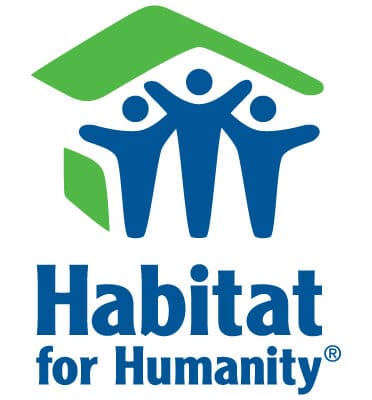Cell Phone Disposal
The average cell phone user replaces his or her phone every 18 months. But what happens to their old phone? It turns out that 40% of people keep their old phones as a spare. While this seems like the smart thing to do, you might not even realize that you have multiple cell phones in […]
Read More